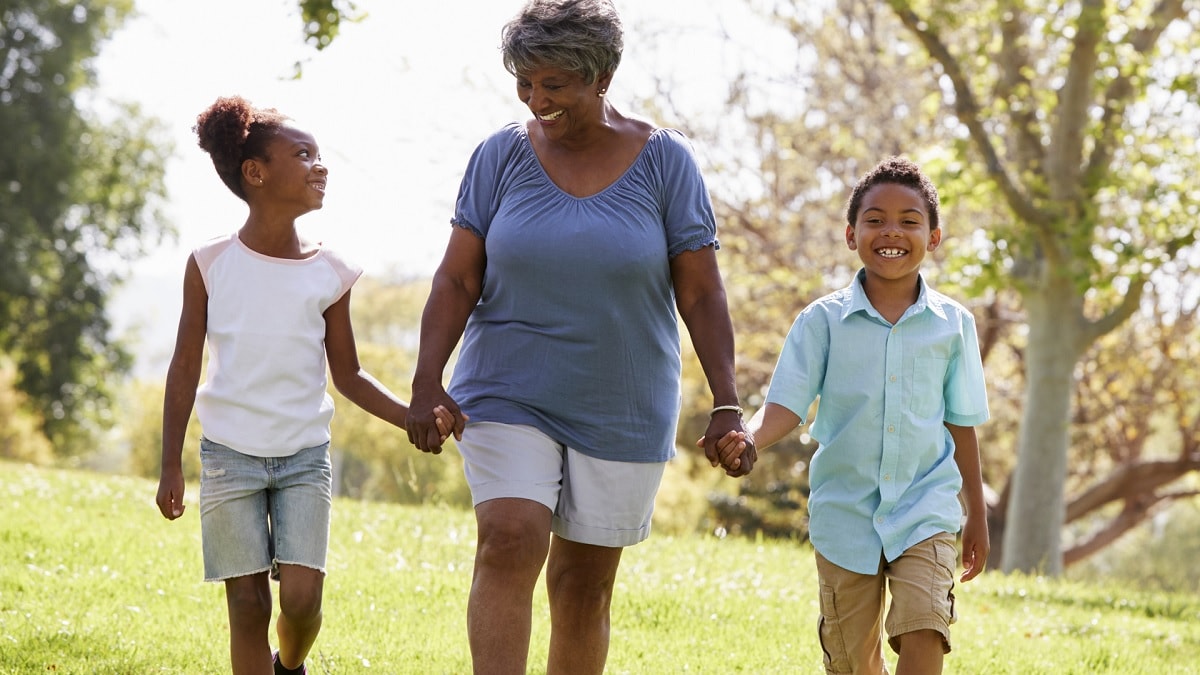What to know
Physical activity has many benefits besides helping you feel better.
Overview
Physical activity has many benefits besides helping you feel better. It helps build strength and balance, increases your ability to move and get around, and reduces stress.
If you keep a healthy weight and stay physically active during and after your cancer treatment, you may have:
- A better response to treatments.
- A better mental and physical quality of life.
- A lower risk of having cancer come back or developing a new cancer.
- A lower risk of getting other illnesses, such as diabetes or heart disease.
Being physically active doesn't necessarily mean intense workouts. Going for a walk, lightly jogging, dancing, or taking the stairs instead of the elevator are all ways to fit physical activity into your day. Try to build up to 30 minutes of movement a day.
What’s stopping you?
Common challenges to being active include not having enough time or energy, not feeling it’s important, or not having access to places to be active. If you’re facing any of these hurdles, start with activities you enjoy and can do safely that work with your lifestyle.

Start small
Think of things you can do in your home or neighborhood. Ease your way into a routine with a walk around the block, sitting and standing up a few times, or lifting household objects like cans of food. Local parks, community centers, some schools, malls, the YMCA, and faith communities are great places to explore physical activity options for free or at low cost.
No matter where or how you are active, always listen to your body. If something hurts or feels wrong, talk to your doctor.
Questions to ask your doctor
- Can I be physically active?
- What is the right level?
- What can I do or what should I avoid?
- How do I overcome fatigue?
Specialists can help
An exercise physiologist or specialist, physical therapist, or personal trainer can help you become more physically active by:
- Identifying your goals and concerns.
- Determining any safety precautions you should take.
- Recommending and showing you how to do exercises that will help you meet your goals.
- Helping you find support groups, organizations, local teams, or classes.
Resources
- In the "Talk to Someone" simulation, Linda, a cancer survivor, gives advice on physical activity and nutrition. You can choose different options to get answers to your questions about making healthy choices.
- The National Cancer Institute's Physical Activity and Cancer fact sheet answers common questions.
- Move Your Way has tools, videos, fact sheets, and tips to make it easier to get more active.
